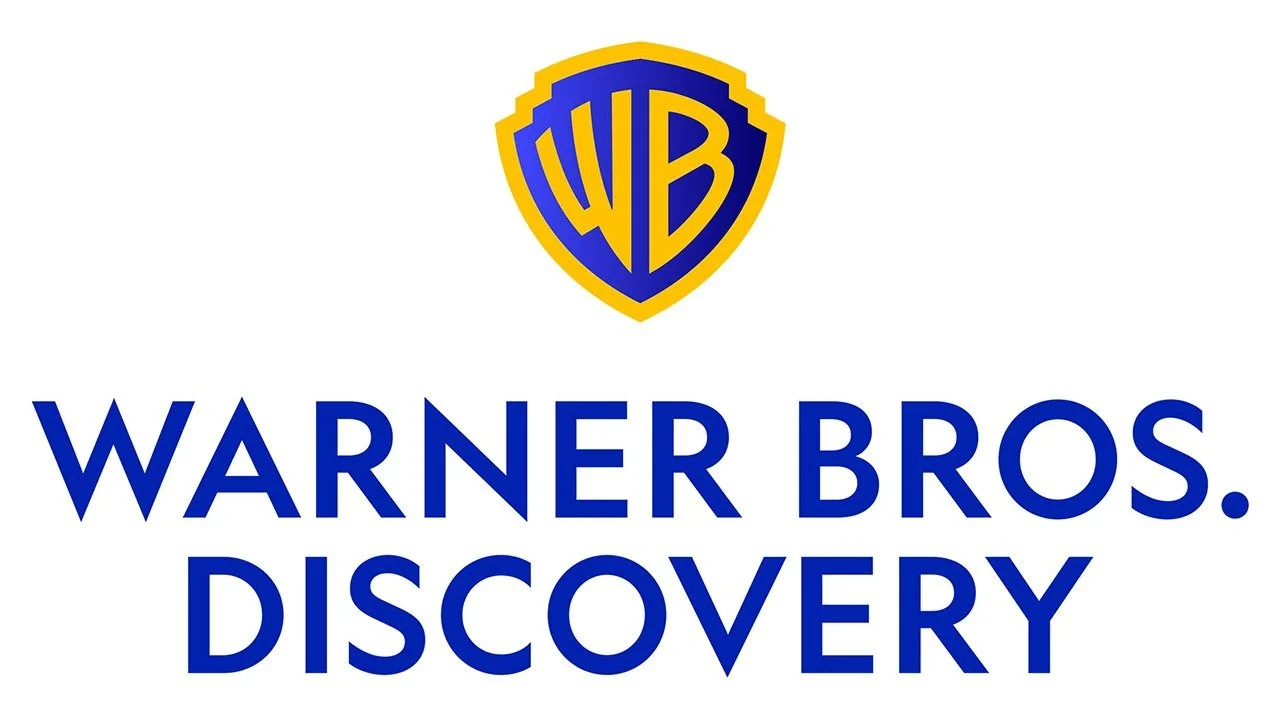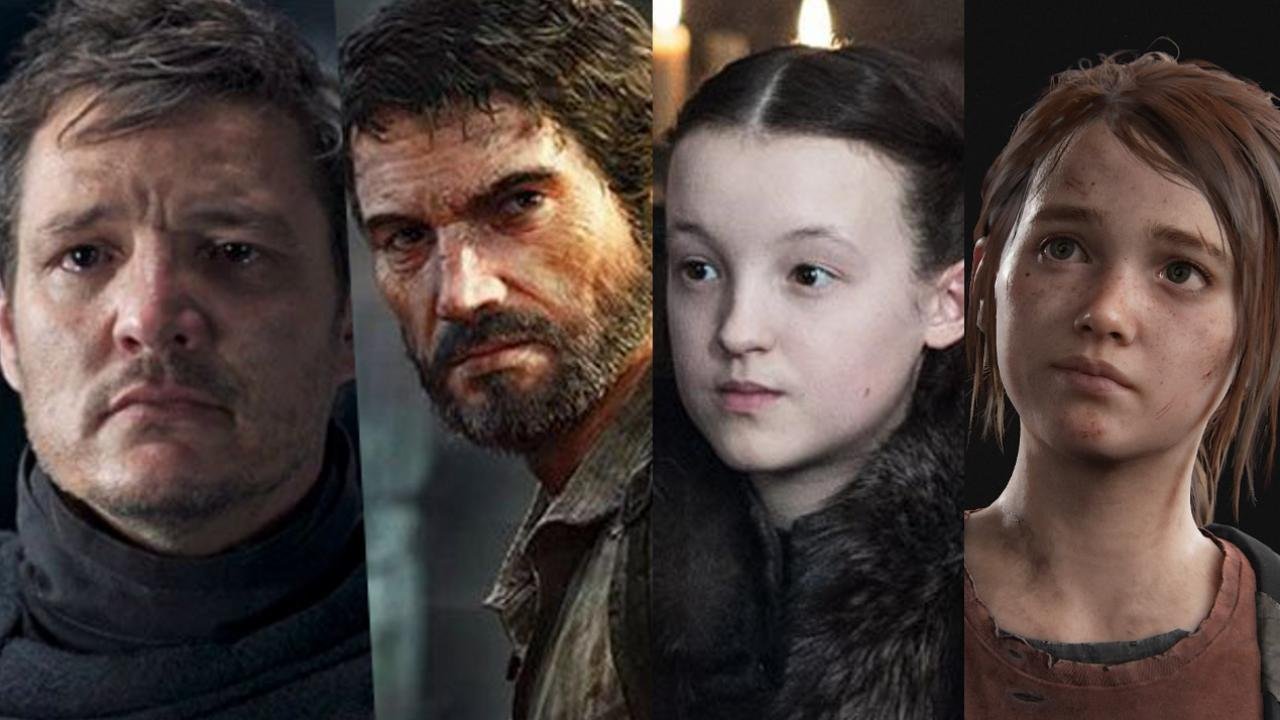What Could The Warner Bros. & Discovery Merger Mean For The Films Division?
The rumors and speculation about Discovery's acquisition of Warner Media have circulated the internet for a while. Now fans can rest assured. The 43 Billion dollar merger is complete, and now the two companies exist as one entity. Warner Bros. Discovery. While the union may be finalized, so many questions remain. Who is in charge? What does it mean from a creative standpoint? And what happens with HBO Max? There is a lot to answer and several potential outcomes to those questions.
As for who is in charge, that remains simple. David Zaslav, who previously was the CEO of Discovery, will keep that title post-merger. Previously, the CEO of Warner Media, Jason Kilar, announced that he would be departing once the merger was completed. Ann Sarnoff also will not continue with the company now that the merger is complete.
RELATED:
On the creative side, it looks like Toby Emmerich will continue to oversee Warner Bros. Pictures, and Walter Hamada will continue to run the DC aspect of the company. Kilar's decision to release all films day and date for 2021 was met with some hesitation from the creative teams behind those films but ultimately led to steady viewership on the newly launched HBO Max. As a result, the format was changed to 2022 with a newly negotiated 45-day theatrical release.
HBO Max and HBO will likely continue to succeed worldwide as many countries are currently locked in with third-party deals until 2023 or later. Once those expire, this could mean a newly redesigned app with Warner Bros and Discovery content available for the world alike. Whichever way comes to be the way of consuming, fans will likely be content to receive the content.
There has been plenty of speculation on social media about Zaslav's desire to implement fresh faces across the company but sticking with success is his number one priority. While he is known for being cost-efficient, the leeway for failure may not be considerable. However, that seems to be the case for most companies. The bottom line in business is to generate growth for subscribers and produce content that the audience wants to pay for.
The big question going forward is where will the money be spent? That question is, Discovery is more known for reality television, and Warner Bros is definitely known for movies and television. While Warner Bros has some ambitious projects coming up, after seeing the success of The Batman while the budget is smaller on that project than most comic book movies, Zaslav may want to try and make that a common practice.
That would mean fewer spectacles across the board and making smaller movies driven to make diehard fans happy as long as they make 300 plus million worldwide. It is worth noting that DC films have had two unexpected billion-dollar hits with Aquaman and Joker, and a movie like Shazam! (365.9 million) was nearly as profitable as Batman V Superman (873 million). Shazam netted a profit of 74 million off a 100 million dollar budget, while Batman V Superman made 105.7 million profit off of a 250 million dollar budget. Both are quality films, but more money being spent on a project does not always reap the reward.
Some people are concerned with the idea that spending less may hurt the overall film division. Still, if that money is divided into different areas, it may result in some cool new, unexpected projects that we otherwise would have never received had they spent 250 million in one place instead of doing two 100 million projects and a 50 million project, The future is always a mystery. Still, there is reason to be optimistic with the recent sling of smaller-scale productions with no compromise on the visual front. Of course, we can always expect some to blow our minds and others to miss the mark. After all, that is the true nature of the film industry. Nothing is ever a guarantee.
READ NEXT:



